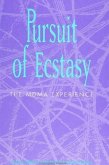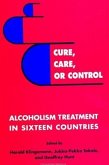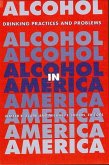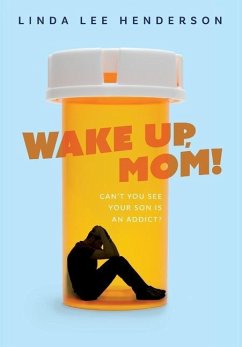In many countries, the debate on drug issues has turned into polarization between legalization and prohibition. This book provides a third strategy, a "compromise" between the two extreme positions. The Netherlands, particularly its capital Amsterdam, is known for its relatively tolerant attitude to the illegal drug phenomenon. In contrast to the American ideology of radical prohibitionism that has resulted in a "war on drugs," the Dutch have adopted their own 'pragmatic' approach, which involves decriminalization of the use of drugs and some (limited) tolerance for the hard drugs scene to become open and visible within society. The central theme of this book is to determine whether the life style and the economic behavior of heroin addicts have been influenced by the Dutch social and cultural climate. Emphasis has been put on drug related crime and the influence of methadone maintenance programs on the nature and extent of criminal activities. The results are remarkable.
Hinweis: Dieser Artikel kann nur an eine deutsche Lieferadresse ausgeliefert werden.
Hinweis: Dieser Artikel kann nur an eine deutsche Lieferadresse ausgeliefert werden.








